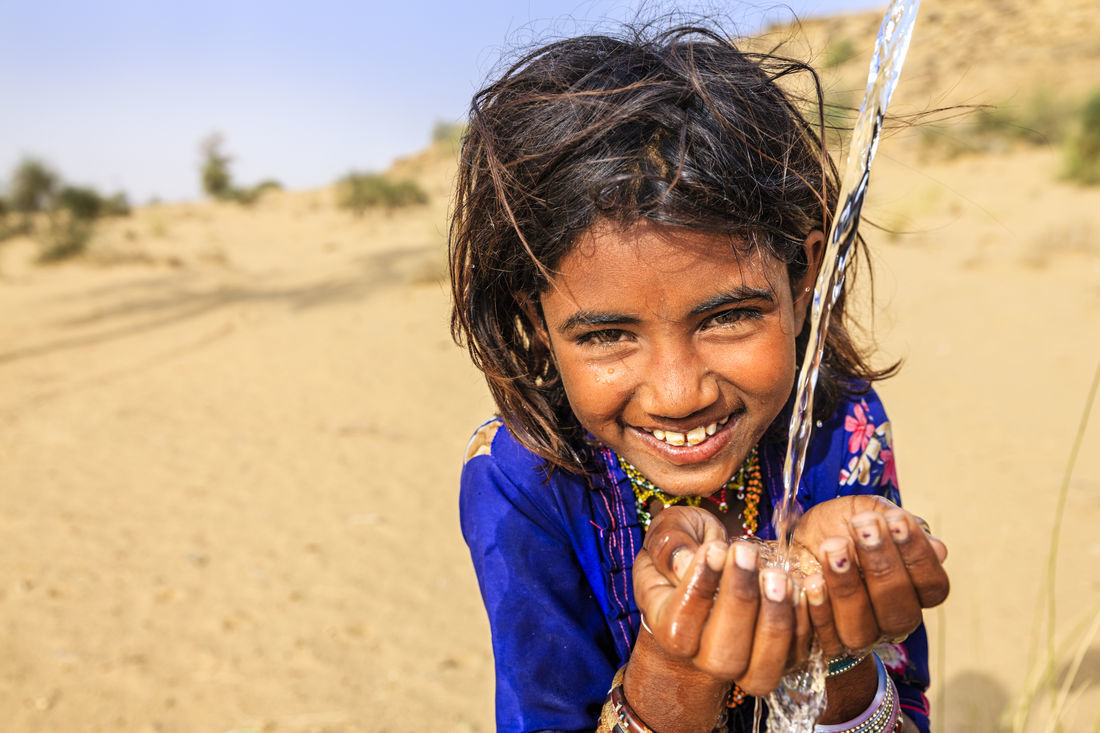Travelling to exotic locations can be a huge thrill, but also a challenge to get set up and readily prepared. Getting off the beaten track and exploring lush rainforests, forgotten beaches, local markets and exploring for rare animals can take travellers to all corners of the world.
However, some of these locations are a long way from home and can lack the facilities and assistance you’d expect from somewhere like Australia.
So, here is your checklist for gearing up to head out to a developing or third world country on your next trip abroad.
Check the political climate and subscribe for government warnings
Developing countries can sometimes present instability, and dangerous scenarios can unfold very quickly. You can subscribe to travel advice at Smart Traveller to get all of the Australian Government alerts and warnings ahead of time.
You can choose which destinations you want to subscribe to for alerts and also set a date for the cancellation of notifications. You can also allocate this as the day you return, so you are not pinged when you no longer need the information.
Get yourself immunised
Prepare yourself for a lot of needles. Developing nations have medical systems well below the grade of the Western countries, and as a result, many diseases that have been eradicated here are still very much a threat in these locations.
There is a range of other factors that can impact your health in third world countries as well, like tropical climates, high altitude and diseases spread through water or mosquito bites. Speak to your GP before you leave about medications you can take with you – like altitude sickness pills, antibiotics and Malaria prevention tablets.
Register before you travel
A range of things can go wrong when travelling to a developing nation. While we don't want to think about these worst-case scenarios, we still have to be prepared for them. If there is a military event or a natural disaster (like a cyclone or a tsunami), your friends and family will be scrambling to find out if you are safe. By registering your trip itinerary and contact details with DFAT, it makes it easier for the Australian Government to get in touch with you and let your family know that you are safe.
Identify the local risks
While the Smart Traveller website is your guide for significant events that could impact your trip, locals hold the key to other dangers you should be aware of. For example, a particular town or marketplace could be known as a hotbed for pickpockets and thieves. Do as much local research as possible to prepare yourself as best you can. No one knows the areas like the locals, so use their knowledge wherever you can.
Make sure you are adequately insured
Travel insurance is critical when heading to a developing or third world nation and you want the absolute best coverage possible, to cover all contingencies. Make sure you read the paperwork thoroughly and all of the fine print to avoid any nasty shocks down the track.
Keep valuables out of sight
In some countries, that gold watch, iPhone or Fitbit could be worth a significant amount to some of the locals. Wearing jewellery and electronics will announce your arrival more than you want to, so it’s sometimes best to stay clear of this trouble by keeping valuable items out of sight.
What are your best tips for travelling to a third-world country?



